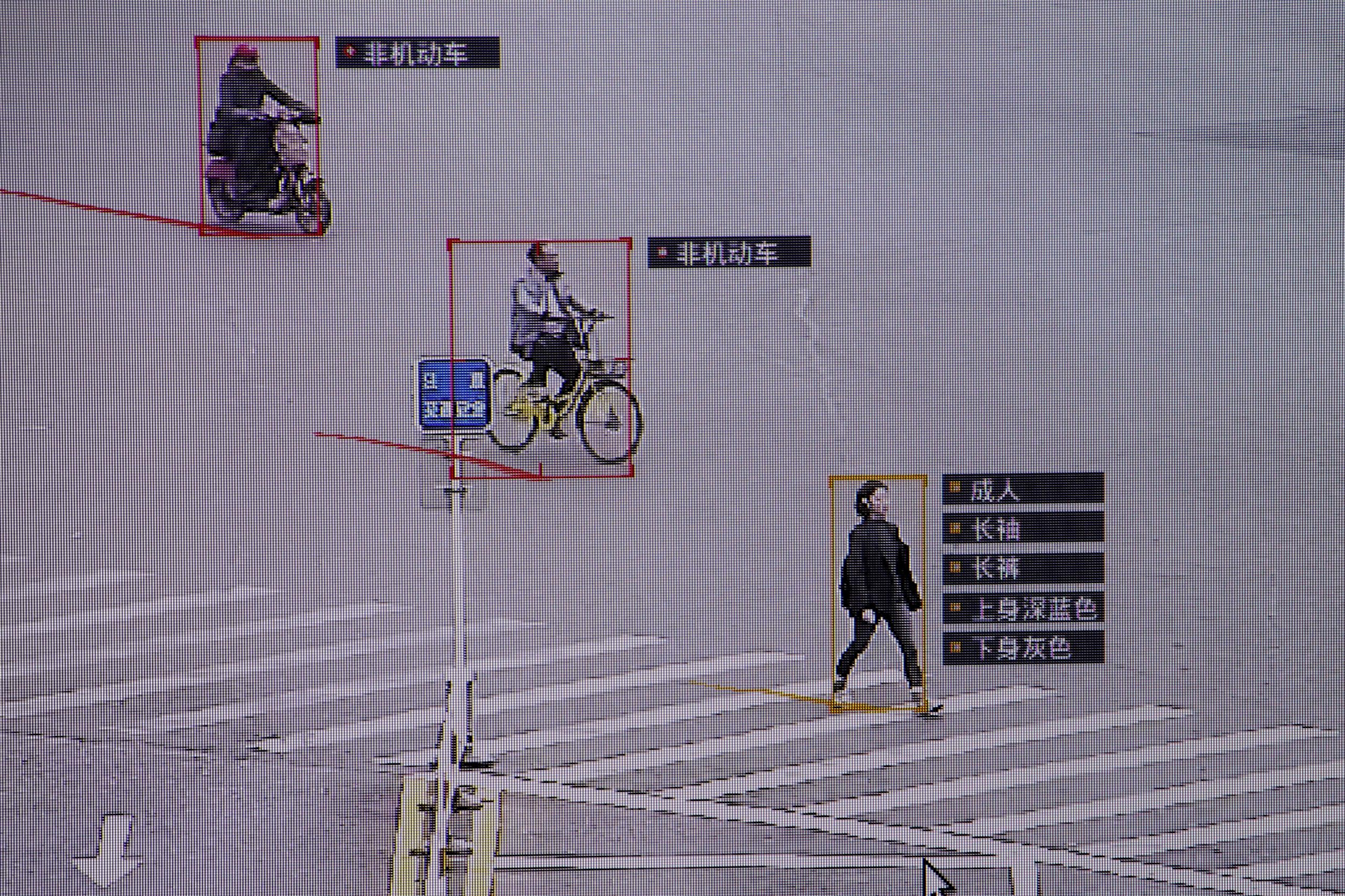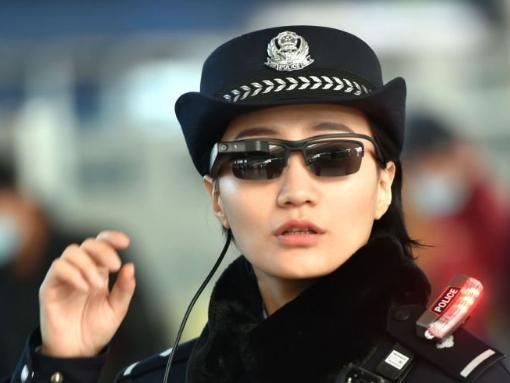Facial recognition technology reunites lost man with his family
The mentally ill man was reunited with his brother after a facial recognition firm helped to identify him

Your support helps us to tell the story
From reproductive rights to climate change to Big Tech, The Independent is on the ground when the story is developing. Whether it's investigating the financials of Elon Musk's pro-Trump PAC or producing our latest documentary, 'The A Word', which shines a light on the American women fighting for reproductive rights, we know how important it is to parse out the facts from the messaging.
At such a critical moment in US history, we need reporters on the ground. Your donation allows us to keep sending journalists to speak to both sides of the story.
The Independent is trusted by Americans across the entire political spectrum. And unlike many other quality news outlets, we choose not to lock Americans out of our reporting and analysis with paywalls. We believe quality journalism should be available to everyone, paid for by those who can afford it.
Your support makes all the difference.A mentally ill Chinese man who had been missing for over a year was reunited with his family after being identified by China’s vast facial recognition surveillance network.
The 31-year-old man had been staying in a hospital since January 2017 after authorities found him wandering around in a confused state at Chongqing railway station.
Hospital officials were unable to identify the man and it was only after they contacted a facial recognition firm for assistance that a breakthrough was made.
By linking a photo of his face to public records, the tech firm discovered that the man came from Liangshan Yi prefecture in Sichuan, several hundred miles away from where he had been found.
The man, who has not been named, was then reunited with his brother, according to the South China Morning Post.
The use of facial recognition technology in China has spread rapidly in recent years, primarily for the purpose of law enforcement.
One application for such software that is currently being explored is to catch and fine jaywalkers in towns and cities.
As part of the scheme, surveillance cameras or smart glasses would capture people jaywalking, before AI-powered facial recognition technology would identify them. A notification and fine would then be sent to the violator via text message.

The effectiveness of facial recognition for policing was proved last week, after a fugitive was identified from a crowd of around 50,000 people at a pop concert in Nanchang in Jiangxi province.
“[The fugitive] was suspected to be involved in an economic crime and was listed on a national online system,” a police officer was quoted by local media as saying. “He was very shocked and had a blank face when we caught him.”
The pervasiveness of facial recognition technology in the country has sparked a debate about privacy, with the chief of technology firm Baidu recently coming under fire for comments he made about the use of personal data.
“We’re very aware of the privacy issue, including data protection,” Baidu founder Robin Li said last month. “I think that the Chinese people are more open, or not so sensitive, about the privacy issue.
“If they are able to exchange privacy for convenience or efficiency, they are willing to do so in many cases — then we can make more use of that data.”
Users of the Chinese social network Weibo labelled Mr Li’s comments as “shameless,” “cheeky” and “despicable.”
Join our commenting forum
Join thought-provoking conversations, follow other Independent readers and see their replies
Comments